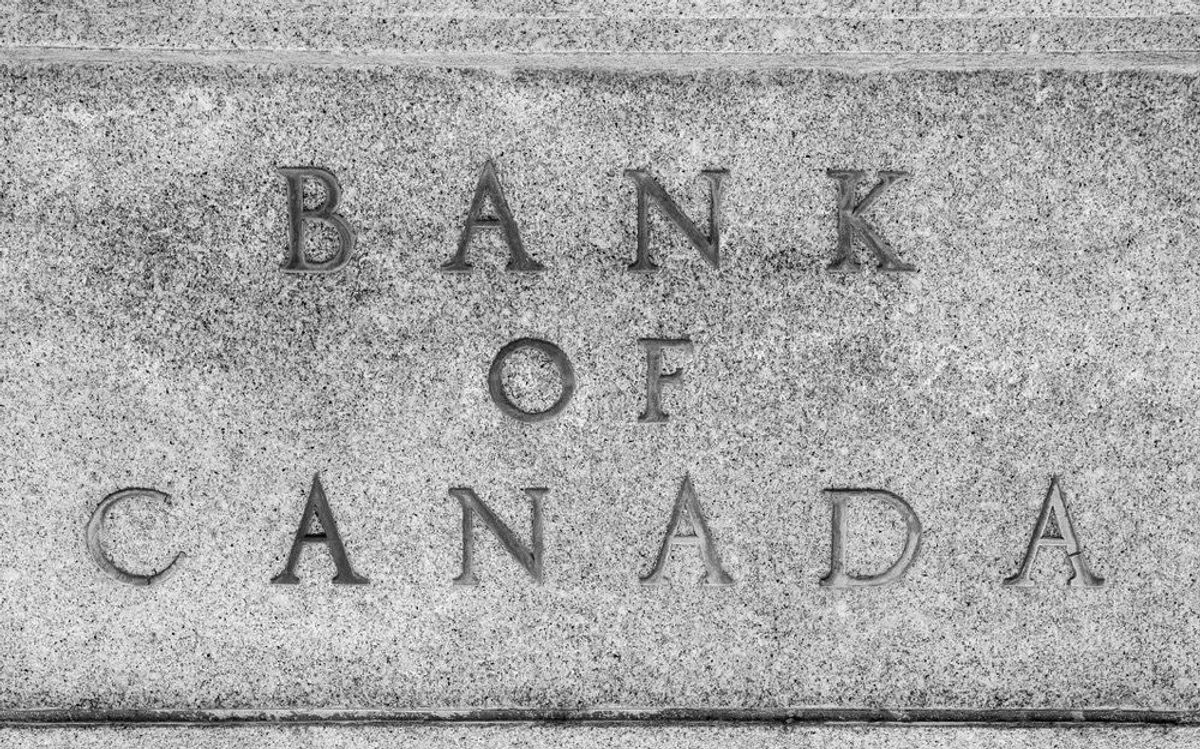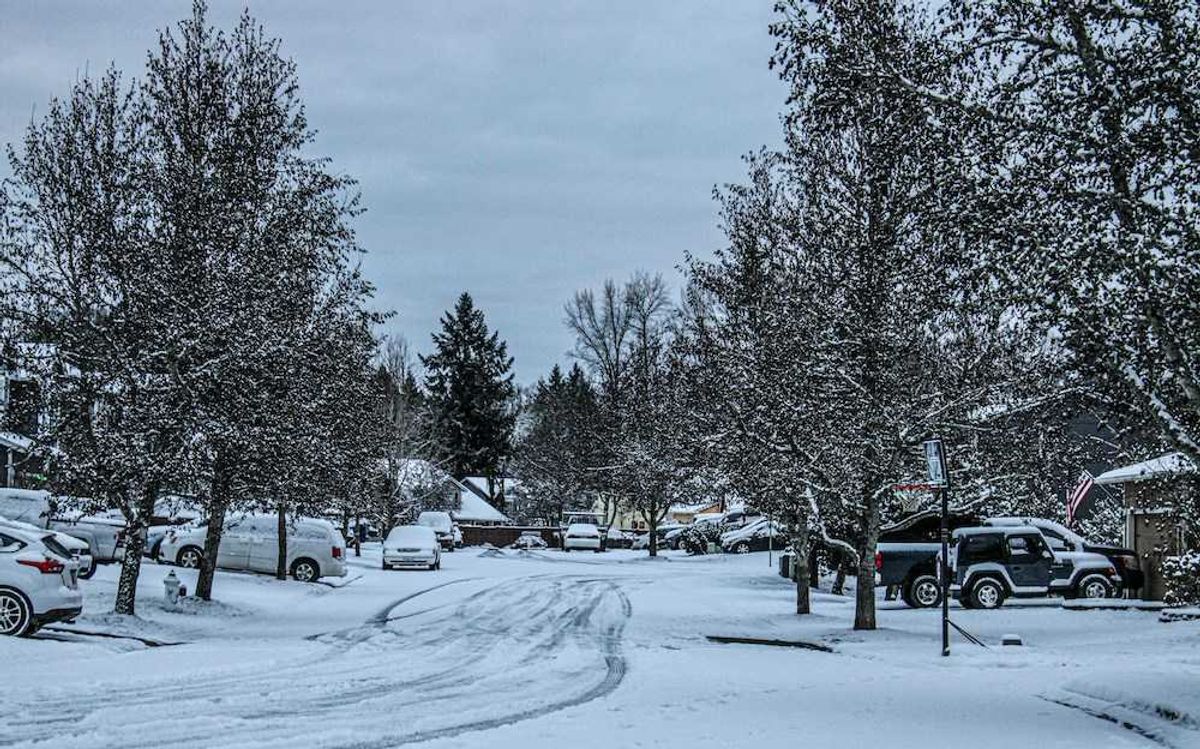There’s no denying that 2022 has been a year of reckoning for the housing market. Coming off an unprecedented pandemic bull run -- 2021 was the biggest year on record for sales -- the average Canadian home price skyrocketed over 40% from April 2020, to what we now know was the peak this February, a dollar difference of over $320,000.
Things chilled rapidly thereafter, once the Bank of Canada kicked off its hiking cycle in March; prices have since plummeted $170,000 from early spring with transactions culminating in a nearly 40% drop this October.
The losses are more acute when drilled down into the Greater Toronto Area -- the October data from the Toronto Regional Real Estate Association shows sales down across the region by 49%.
Of course, fewer deals equal shrinking real estate commission -- and today’s agents are feeling the financial pain. In fact, the average agent can expect their annual earnings to be chopped by $45,000, says broker and real estate analyst Daniel Foch, who crunched the numbers based on year-to-date Ontario transaction data as reported by the Canadian Real Estate Association.
According to his calculations, the province’s market is on track to lose out on $3B in real estate commission this year when compared to activity in 2021, with the average agent commission dropping from $125,000 to $80,000. This is based on a total sales volume of $227B in 2021, which would have netted $11B in total commission, compared to the forecasted $151B sales volume expected this year -- bringing in just $7.5B in commission.
“We’re seeing a lot of defeatedness from people in the profession, a little desperation for sure, and almost denial because people are saying, ‘It can’t stay this bad,’” he tells STOREYS.
“Things were so good for two years during COVID -- if you look at the Canadian Real Estate Association website and look at their number of transactions, it was well above the 10-year average over the last two years during COVID, and now it’s plummeted way down below that… and that recoil is going to hurt.”
READ: Ontario Expects Housing Starts, Sales and Prices to Fall in 2023
As well, Foch adds, “If sales are down 30%, prices are down 8.5%, you can compute the contraction of what is basically 1% of our GDP in Ontario. It’s a lot of income taken out of the economy.”
Veteran agents, of course, have seen their fair share of market boom and bust -- but even they are in awe of the ferocious sellers’ conditions that prevailed over the course of the last two years. Virginia Munden, realtor at Munden Realty and CEO and Founder of The Buzz Conference, says that while today’s slowdown is “no different” than previous down periods, 2021 remains an outlier in terms of demand -- and the resulting whiplash is a lot for newer agents to bear.
“In my three decades in the business, I haven’t seen a year like last year. Ever,” she says, recalling one particular property with over 41 offers. “It went for a million dollars over the asking price; that is not a normal market.”
In comparison, today she’s seen properties sell for 20 - 35% less than they would have since last spring, and agents making 30 - 40% less in compensation. Others, she adds, haven’t had a deal since this past March.
The ones who will make it through will be those who take the opportunity to invest in themselves.
“If realtors are struggling right now, I would not call it a struggle -- this is a changing market, and every single market has an opportunity,” she says.
“...I think it’s really important to settle realtors down [from negative news media], especially this new generation of real estate agents that have never seen this market before. My husband and I have seen this market over the years maybe three, four, five times in our almost three decades in the industry. It is normal. This is the time to stay educated, to look for those opportunities where buyers are going to jump back in.”
Munden remains optimistic about the market in the short term, given the number of buyers who -- rather than contend with rapidly rising interest rates and historically low inventory -- have simply put their purchase plans on hold. Once the Bank of Canada starts to ease up on their rate hiking cycle, many prospective buyers will come back out of the woodwork, she asserts, pointing out that today’s interest rates remain low from a historical perspective.
“I think we’re heading into a buyers’ market in 2023,” she says. “I still think, whether it’s five or five-and-a-half to six-and-a-half percent, those are still really good rates. When I bought my first home almost 32 years ago, the rate was 14.25%. So these rates right now, are still considerably low, if pricing has come down. If buyers can get back into the market, and if they feel comfortable, based on their current situation -- work, life, etc. -- it is a great time to buy real estate.”
But even in a best-case scenario, market recovery remains a few months off -- and the industry is doing what it can in the meantime to staunch the bleeding.
One such move is a fee reduction from the Real Estate Council of Ontario, which informed member agents via email that as of March 1, 2023, their costs will drop from $390 to $306 for all new, renewal, and reinstatement applications. Agents transferring from one brokerage to another will only need to pay $25 compared to the previous $100.
Brokerages are also getting creative with their compensation packages in order to keep agents engaged and recruitment flowing.
“I think you’re seeing a lot of brokerages exploring alternatives,” says Foch. “A lot of people are getting more into the leasing space; residential leasing has been pretty popular in Toronto and a lot of brokerages are encouraging people to just do that to keep the deal flow going.“
He adds that he’s seeing many brokerages introduce fee capping structures for agents, or reduce their overhead by going cloud based rather than hanging on to their brick and mortar. Others are offering stock options, and incentives for existing agents to recruit new ones.
“Brokerages, whether big brands or boutique brands -- if they are bringing opportunity to their agents, and they’re compensating them through these new models, they’re going to win in 2023, because this younger generation specifically, they want to be compensated for their time, they’re pretty savvy, they know they hold value right now, there’s a lot of them doing really great things,” adds Munden.
According to both Foch and Munden, there’s one type of agent unlikely to survive the downturn -- part timers.
“I know an agent who only had two deals last year and he made himself $180,000 just through two listings,” says Munden. “But will you have those opportunities again? The agents that are not working on their business, innovating and adding to their designation portfolio, improving their value proposition, updating their website, adding pre-construction to their service repertoire; agents that continue to adapt and innovate and add are the ones that will win in 2023.”





















